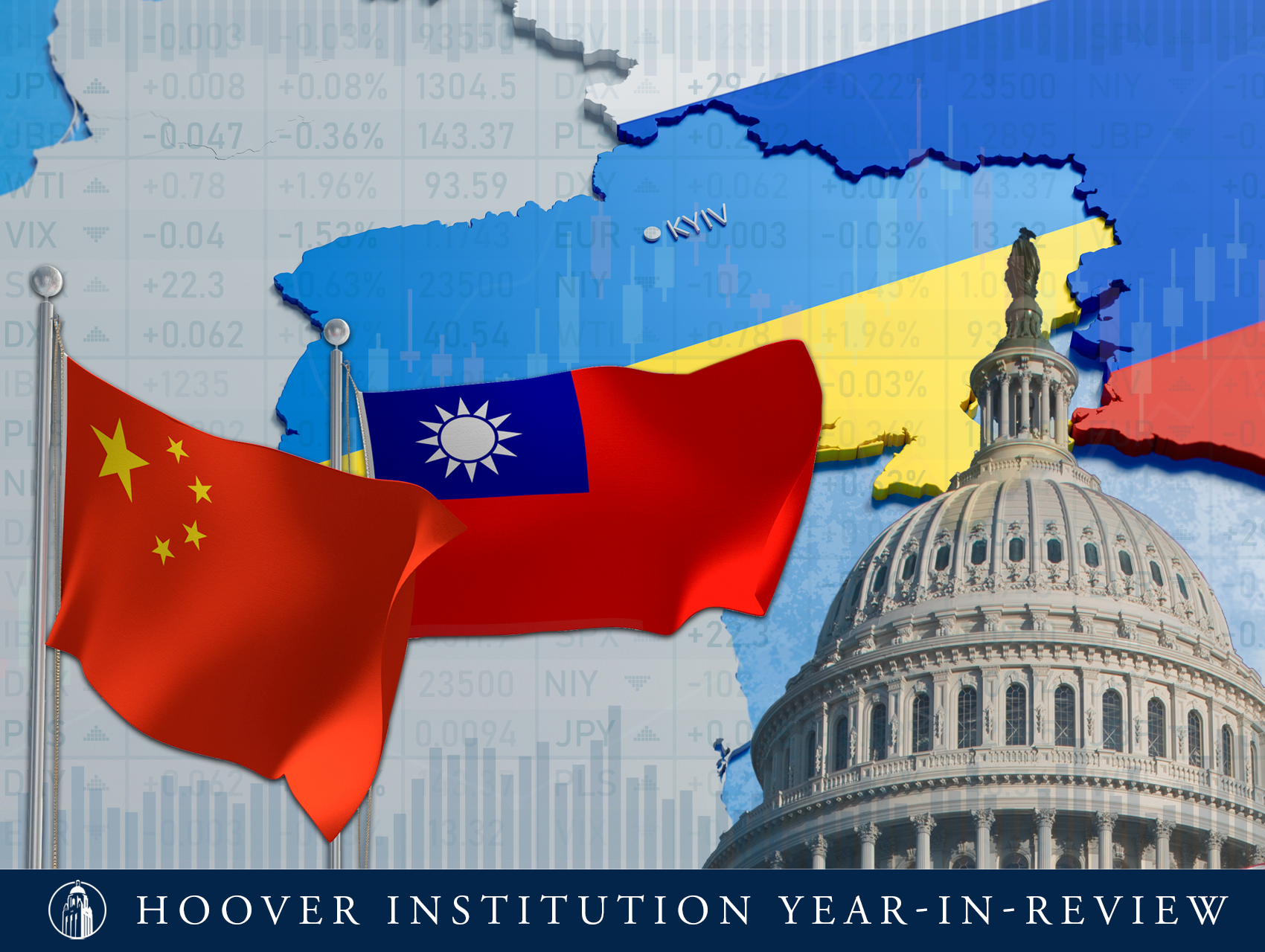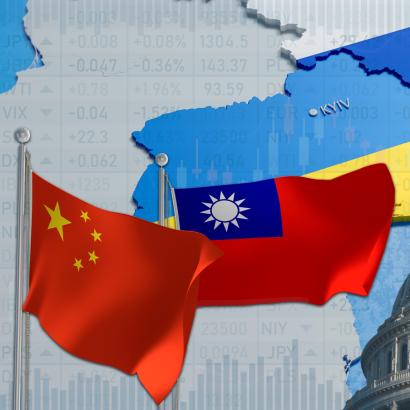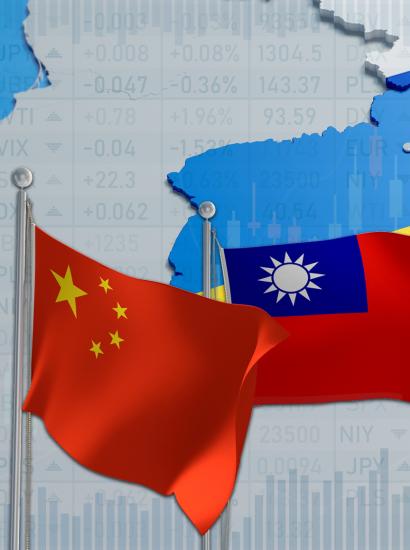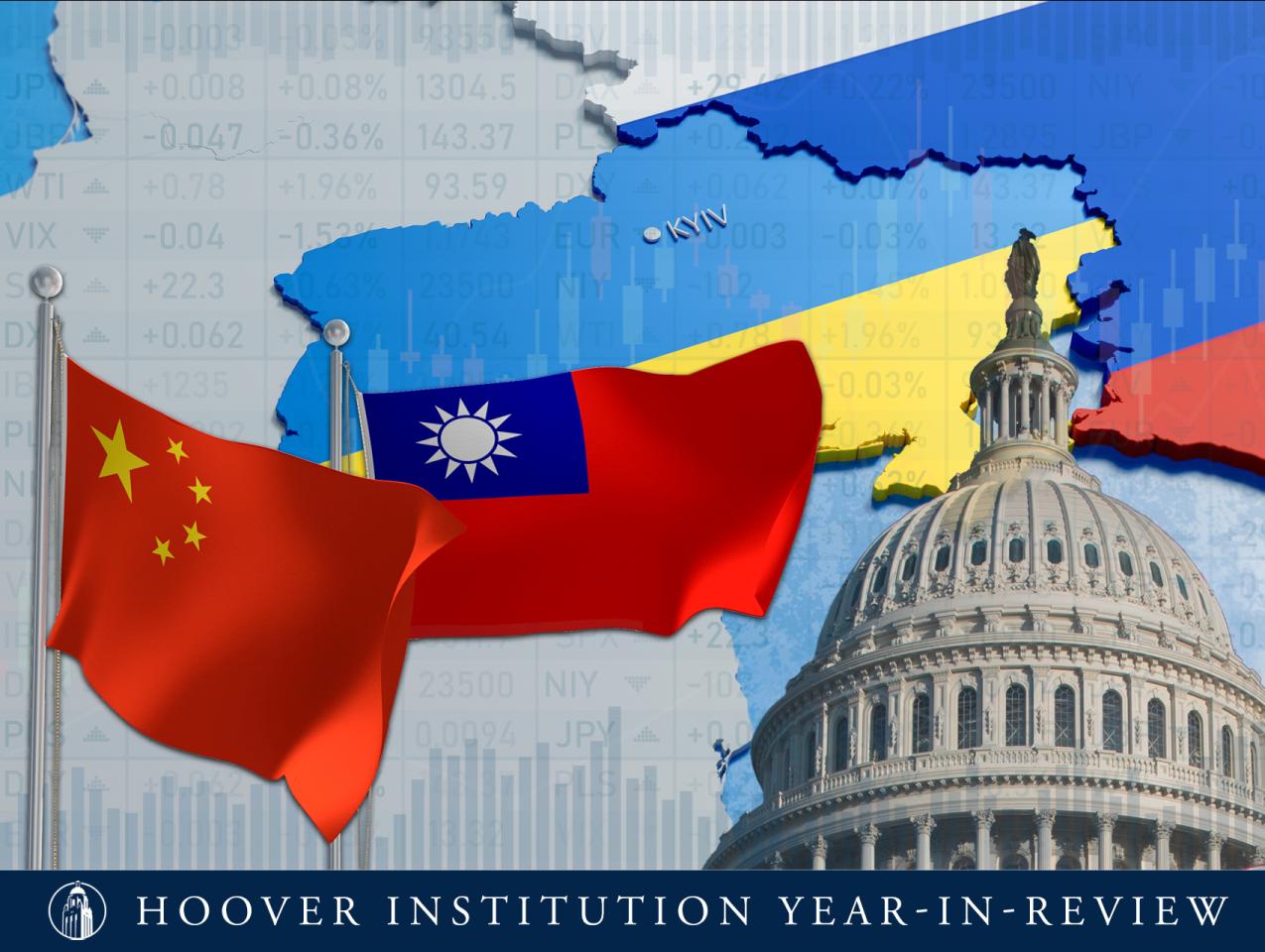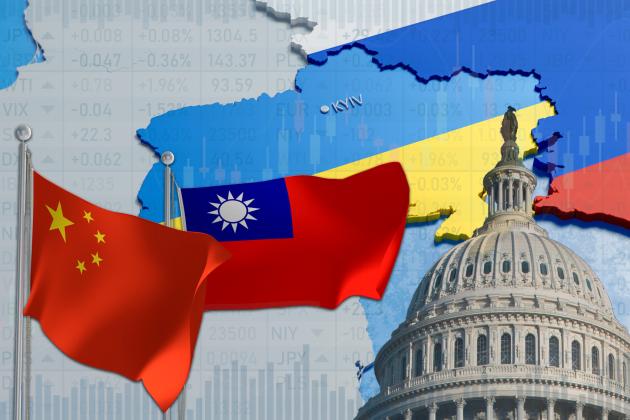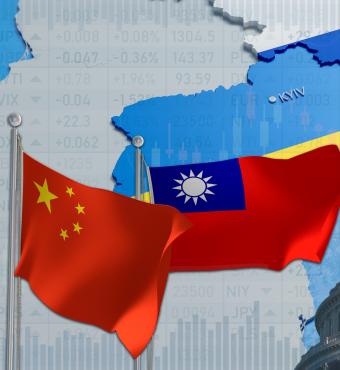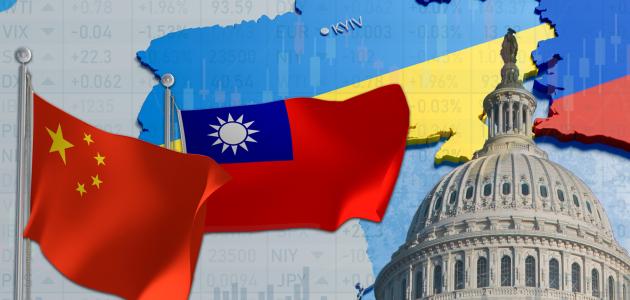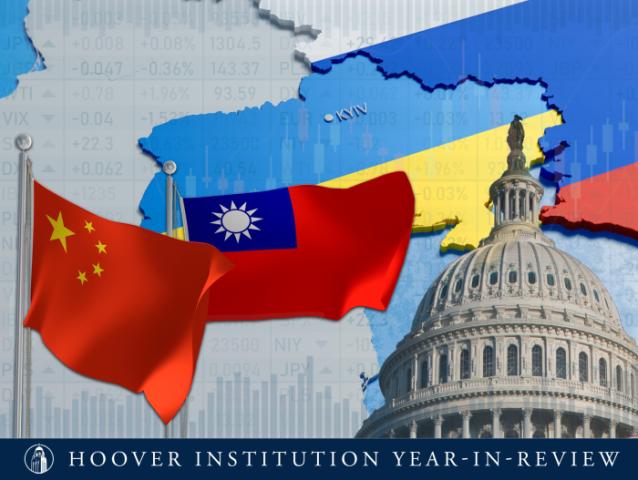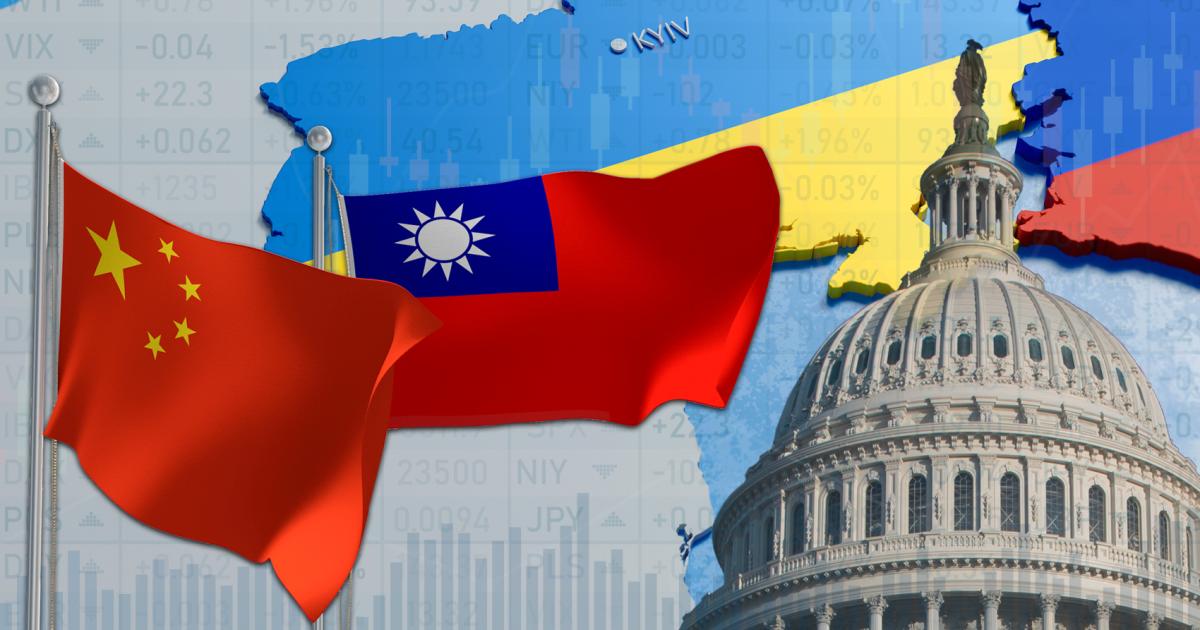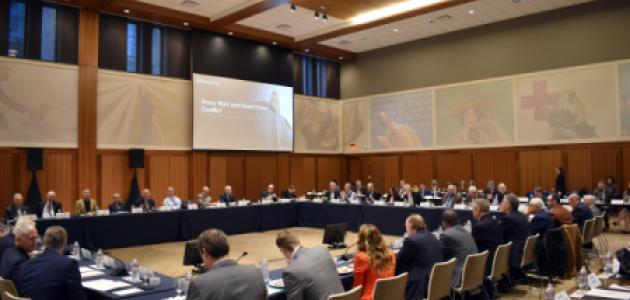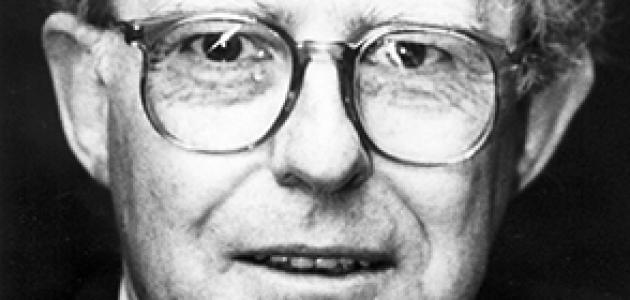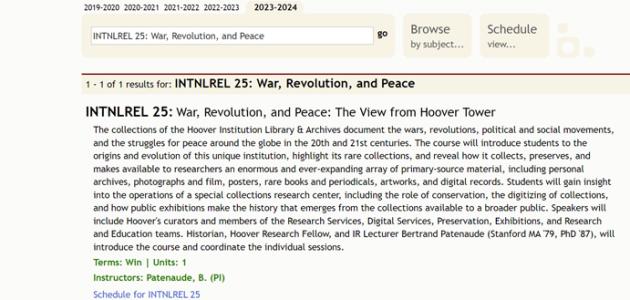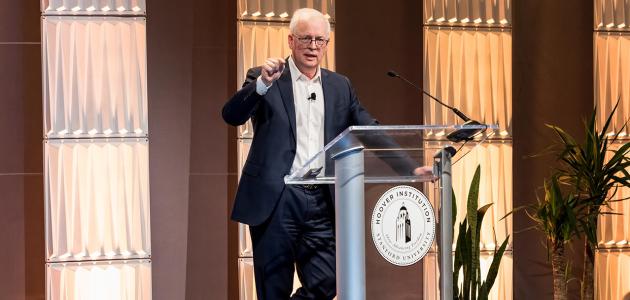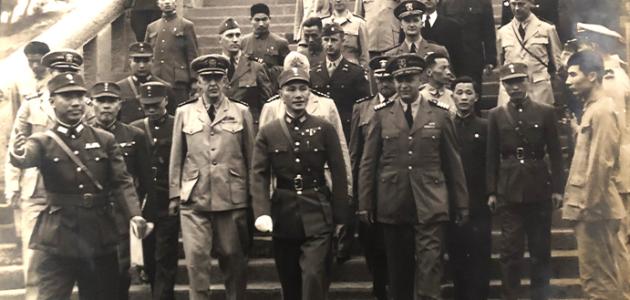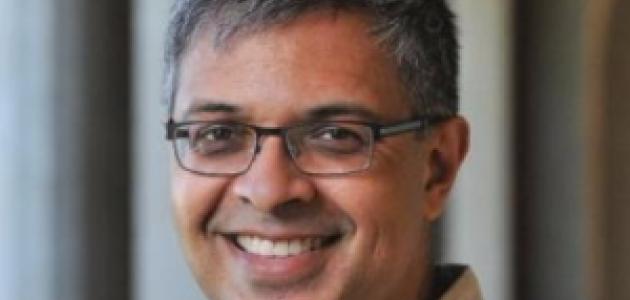In the postpandemic era, America and the West have faced critical challenges to their security, societies, and economies. Meanwhile, authoritarian forces such as Russia and China (also confronted by internal challenges) have sought to revise the global order in favor of their respective national interests and ideological preferences.
Throughout the year 2022, Hoover fellows provided extensive and timely analyses on pressing policy concerns, including record rates of inflation and energy shortages not seen since the 1970s and 1980s; Russia’s invasion of Ukraine; and China’s aggression against Taiwan. Fellows also assessed public opinion on these and other issues and how they shaped midterm elections in the United States.
Russia and Ukraine
On February 24, 2022, Russian president Vladimir Putin launched a “special military operation” in Ukraine to capture the eastern provinces of that country and facilitate regime change in Kyiv. Putin’s aggression rests on the false assumption that Ukraine is not a sovereign nation that can make its own political decisions but instead a vassal state that has been historically part of the Russian empire. The Kremlin asserts that by Ukraine orienting itself toward the West, it has become a base for NATO expansion that directly threatens Russia.
Despite the Kremlin’s brutal campaign, which has included indiscriminate missile attacks in major cities, Russian forces have experienced heavy losses and have not been able to make significant gains into Ukrainian territory. Moreover, the Ukrainian army has had a string of battlefield victories since launching a counteroffensive in the summer, in November culminating in the recapture of the strategically important eastern city of Kherson.
Hoover experts have been tracking the developments of the war and providing expert analysis on its geostrategic and geopolitical implications:
- A day after Putin announced the “special military operation,” Senior Fellow Timothy Garton Ash predicted that it could result in the largest land war in Europe since 1945.
- Senior Fellow Russell Berman and Distinguished Research Fellow Michael Auslin argued that expanding the military presence of the United States and allies on new fronts might serve as a credible deterrence against aggression by Moscow and Beijing on neighboring states. View a PolicyEd video from the Unarchived series based on Berman and Auslin’s research.
- Senior Fellow Stephen Kotkin wrote that historically recurring episodes of Russian aggression—from the World War II era to today—reflect a geopolitical trap that Russian rulers have continually set for themselves.
- Senior Fellow Niall Ferguson explained that although Ukraine has achieved some significant military victories, the war has resulted in millions of people either leaving the country or becoming internally displaced; productive land that has been destroyed or captured; and a perilous fiscal and monetary situation that may lead to hyperinflation.
- Senior Fellow Michael McFaul asserted that Putin’s escalation of the war against Ukraine—in particular his mass military mobilization, annexation of Eastern Ukraine territory, and threats to use nuclear weapons—are eroding his support at home.
- An episode of PolicyEd’s Unarchived series, based on research conducted by Senior Fellow Emeritus Thomas Henriksen, explained why Sweden and Finland have dropped their historic position of neutrality in favor of joining NATO.
- In an interview with Senior Fellow H. R. McMaster, NATO secretary general Jens Stoltenberg talked about the alliance’s response to Russia’s ongoing assault of Ukraine.
China and Taiwan
On the sidelines of the Winter Olympics in Beijing in January, Putin and Chinese president Xi Jinping forged what they termed “a partnership without limits.” The two leaders signaled that the West was in decline, and by their two large nations working closely together they could shift global economic power in their favor—including over trade, the sale of energy resources, and in currency and global payments systems.
Following the Kremlin’s invasion of Ukraine, the Western-led SWIFT (the Society for Worldwide Interbank Financial Telecommunication) imposed a severe tranche of sanctions against Russia, hindering its people’s ability to make transactions via global payment processing systems.
In March, the Hoover Institution published a prescient report that described the implications of China’s new central bank digital currency (CBDC), the e-CNY, or digital yuan. The widespread deployment of this new CBDC technology, the scholars argue, could potentially diminish the US dollar as the world’s reserve currency and thus Washington’s ability to leverage the dollar’s dominance to deploy sanctions against aggressor states and human rights violators.
Despite economic instability, a collapse in its demographics, and domestic opposition to its strict zero-COVID policies, China’s foreign aggression remains unabated. Following the destruction of Hong Kong’s autonomy, the Chinese Communist Party has ramped up its threats against Taiwan by deploying the People’s Liberation Army into Taiwan’s Air Defense Identification Zone and territorial waters.
Hoover’s projects on China’s Global Sharp Power and Taiwan in the Indo-Pacific Region have provided in-depth coverage on the challenges China poses to Indo-Pacific and global security. Just weeks after House Speaker Nancy Pelosi’s historic trip to Taiwan, a Hoover-led delegation of thirteen scholars visited that country and met with high-level public and private-sector officials, including President Tsai Ing-wen. Read below about Hoover fellows’ insights on China, Taiwan, and other topics related to Indo-Pacific security:
- Click here to read the multidisciplinary report, Digital Currencies: The US, China, and the World at a Crossroads, coedited by senior fellows Darrell Duffie and Elizabeth Economy. In March, the Hoover Institution hosted a conference on the topic that accompanied the report’s release. Research Fellow Glenn Tiffert provided a concise explanation of China’s CBDC in an episode of PolicyEd’s Policy Stories series.
- Learn more about the Hoover delegation’s trip to Taiwan here. In October, the delegation reported their insights.
- Niall Ferguson argued that underlying Nancy Pelosi’s trip to Taiwan are factors that may bring the United States the closest it’s been to the brink of war with China since the Taiwan Strait Crisis of 1996. In an episode of GoodFellows, Ferguson discussed the consequences of Pelosi’s visit with Senior Fellows H. R. McMaster and John Cochrane.
- Senior Fellow Frank Dikötter wrote an essay, based on research he conducted in the Chinese Communist Party archives, that paints a very different picture from what is commonly held of the history of that country’s economy over the past four decades.
- In an interview with Hoover Institution director Condoleezza Rice, former Australian prime minister Kevin Rudd provided insight into President Xi Jinping’s ambitions and how to prevent Sino-American relations from descending into crisis.
- Visiting Fellow Miles Maochun Yu explained that President Xi Jinping’s Zero-COVID policy is motivated by the same totalitarian ideology exhibited by Chairman Mao Zedong during the Great Leap Forward of the 1950s, which assumed not only the complete malleability of nature but also the infallibility and invincibility of the Chinese Communist Party.
- In an interview with Distinguished Policy Fellow Bill Whalen, Admiral Gary Roughead, distinguished military fellow and the US Navy’s 29th chief of naval operations, discussed China’s naval expansion, America’s strategic concerns in the western Pacific, plus the US Navy’s construction, maintenance, and personnel needs.
The Economy
In the November 2022 US Bureau of Labor statistics report on inflation, the Consumer Price Index (CPI) was 7.1 percent, trending down from its over-forty-year-high in June of 9.1 percent. Hoover fellows credited record prices to a variety of factors: one, recovering productivity of global supply chains that were disrupted during the COVID-19 pandemic; two, the enormous amount of stimulus money injected into the economy; and three, the US Federal Reserve’s keeping interest rates well below the rate of inflation. The core inflation calculated in the CPI doesn’t include the spikes in food and fuel prices that have been further exacerbated by the war in Ukraine.
Hoover fellows examined what public officials can do to dampen inflation and increase productivity, including reintroducing a rules-based monetary policy, increasing incentives for people to re-enter the work force, implementing deficit reduction measures, and providing supply-side tax cuts designed to increase capital and labor formation.
- In May, the Hoover Institution hosted its first in-person Monetary Policy Conference in three years. Organized by Senior Fellows John Taylor and John Cochrane and Distinguished Visiting Fellow Michael Bordo, the conference featured economists who addressed why the Federal Reserve was hesitant to dampen prices by raising interest rates to a level above inflation and to impose a rules-based policy (such as the Taylor rule).
- John Cochrane analyzed the November CPI figure. He explained that the Fed’s late decision to raise interest rates to a level that doesn’t exceed inflation has helped to bring about a reduction in prices. However, he explained that despite the imposition of monetary policy rules, inflation is likely to be persistent if there isn’t a change made in fiscal policy.
- Hoover Fellow Tyler Goodspeed argued that the current inflationary pressures are in large part a consequence of the American Rescue Plan of 2021. The $2 trillion bill (equal to 10 percent of US GDP) resulted in historic levels of aggregate demand.
- Niall Ferguson wrote that with record inflation numbers and the US Federal Reserve’s raising interest rates to keep up with expectations, central bank officials may be repeating the same monetary policy mistakes of the 1970s, an era in which one disaster led to another.
- Senior Fellow Michael Boskin wrote that by claiming the recently passed Inflation Reduction Act (IRA) would lower inflation, benefit the climate, and tax only the rich and big corporations, the Democrats engaged in false advertising that would result in legal consequences for any private company.
- In an essay published by the Hoover Institution Press, Senior Fellow John F. Cogan and Distinguished Visiting Fellow Kevin Warsh outlined a new economic governance framework, grounded in the founding principles that have driven American prosperity for over two centuries.
Election 2022
According to Hoover senior fellows and resident pollsters David Brady and Douglas Rivers, in the run-up to the 2020 midterm elections, the voting public aligned in greater proportions toward issues favoring Republicans, the top one being inflation.
In a post-Election Day interview with Bill Whalen, the political scientists said that although the Republicans were able to build a slim majority in the House of Representatives, they fell short of achieving a “red wave.” Brady and Rivers maintained that normally the incumbent party would face huge losses during a period of record inflation. This time was different, they argued, because the Democrats were able to dissuade a portion of voters from defecting to the Republicans, whom many voters viewed as overly restrictive on abortion (no longer a constitutional right following the overturning of Roe v. Wade) and too extreme in their claims about fraud in the 2020 presidential election.
During this election season, the Hoover Institution also launched a new podcast series, Saints, Sinners, and Salvageables, with Hoover distinguished visiting fellow, election expert, and nationally recognized attorney Benjamin Ginsberg. Beginning August 30 and running through December with both pre- and postelection analysis, the series provided a platform for Ginsberg and guests to consider a broad range of political perspectives on US election–related issues and voting processes that are causing rancor and provide solutions on how confidence can be restored in American democracy.
For more of the Hoover fellowship's timely research and analysis, subscribe to the Hoover Daily Report.







